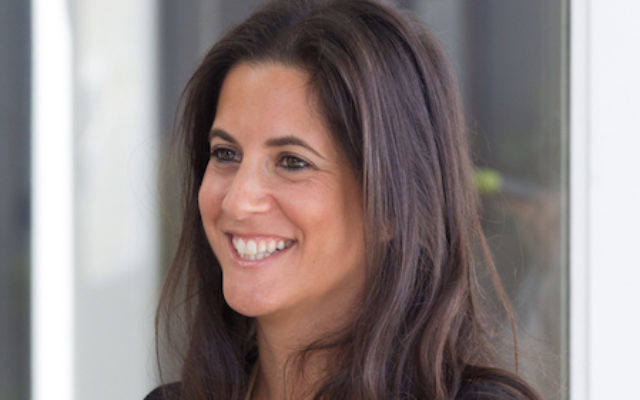Discomfort of dual identities leads to finding a balance
I CAN’T recall when I started truly identifying as a feminist. As a young girl, I was always concerned with justice and fairness, which naturally morphed into a passion for equal rights for women and girls. As time went on, I had a heightened awareness of the gender inequalities around me and had a strong sense of needing to right it. But despite all this, I still shunned the term feminist.
For many years when friends would label me a feminist I would respond quickly and indignantly with “I guess I am, but real feminists would look down on how I live my life.” or “Yes, I believe in women’s equality but feminists would shudder to consider me one of them!”
I look back now and realise that this was coming from my own place of inner conflict. My inner voice was shouting – “How can I call myself a feminist yet still be cooking dinner every night for my family?” and “If I am only working part time and devoting most of my energy to being a mother, how have I earnt the right to proudly label myself a feminist?”
I believed the advancement of women’s rights to be of extreme importance, even something I was forever championing, yet was I living the ideal life of a feminist? It almost felt like my behaviours and lifestyle were running counter to my beliefs and reeked of hypocrisy.
Coming across the psychological term “cognitive dissonance” was a light bulb moment for me. Cognitive dissonance is the emotional discomfort experienced by a person who simultaneously holds two or more contradictory beliefs, ideas or values.
On one hand, I held very strongly the values of feminism and gender equality, yet at the same time I also cherished the idea of being a mother, making Shabbat meals for guests and being an Orthodox, Jewish woman. I still cringe a little as I use those descriptions about myself, yet they ring true!
So where to with these seemingly conflicting beliefs? What does a person do when their beliefs and actions are not clearly aligned? From reading articles and psychological papers, it seems that in order to return to a feeling of harmony and reduce the anguish, people tend to either change their beliefs or change their actions.
For me, this would mean either throwing out my feminism, or (so I believed) changing the way I was living my life in order to live the way I thought a true feminist should.
But as a rabbi I admire often says, sometimes you need to sit with the discomfort for a little longer than you would like, in order for the answer to come. If we rush too quickly to shirk off the discomfort we may not be coming to the best solution. Luckily, I didn’t rush to get rid of either of these facets of my beliefs and core values, partly because I had not truly recognised and labelled them. Instead, over time the discomfort has eased as I realise they are not really conflicting at all.
I can learn Megillah reading for Purim while frying schnitzels for my family. I can be a committed Orthodox Jew while still finding ways to incorporate my feminist beliefs into my religion. I can be sending feminist articles back and forth with my girlfriends while discussing motherhood and fashion tips at the same time. I can believe that women should be CEOs and have a seat at the boardroom table while not working in the corporate world.
Today, I am able to embrace my feminism proudly, realising that it is more nuanced than I once had thought. Ultimately, if you (women and men) believe that women should be treated respectfully and equally, then you should embrace it too.
I can now say out loud “I am a feminist”, and I dare say, you probably are too!
Keren Zelwer is a speech pathologist and a member of the Advocacy Subcommittee of NCJWA (Vic)


comments